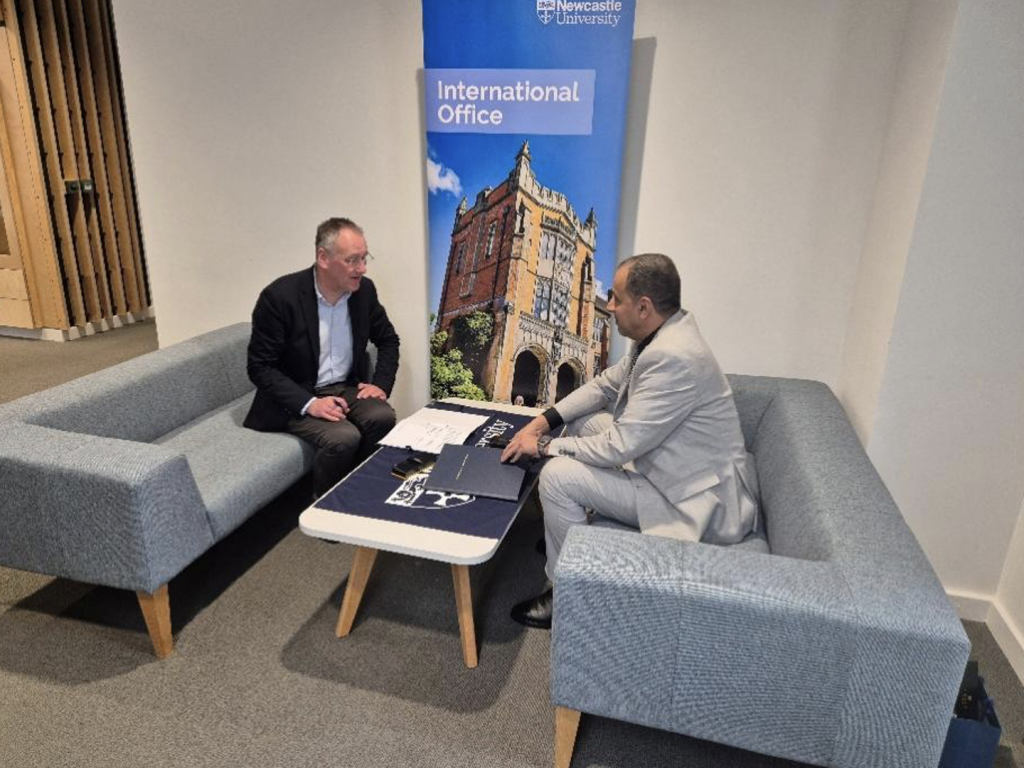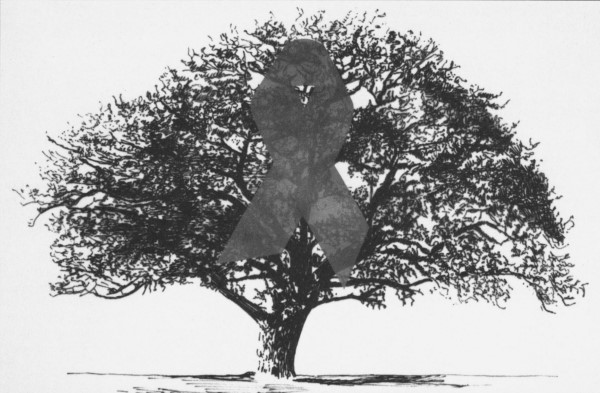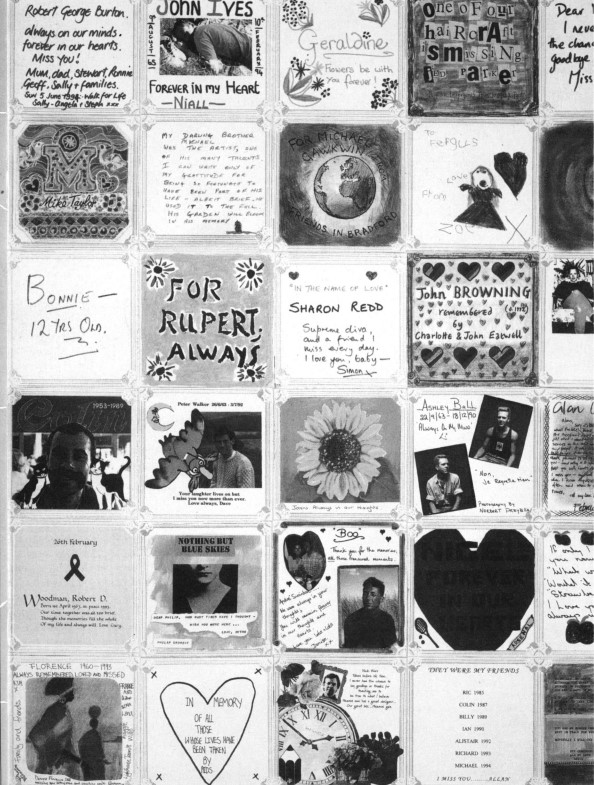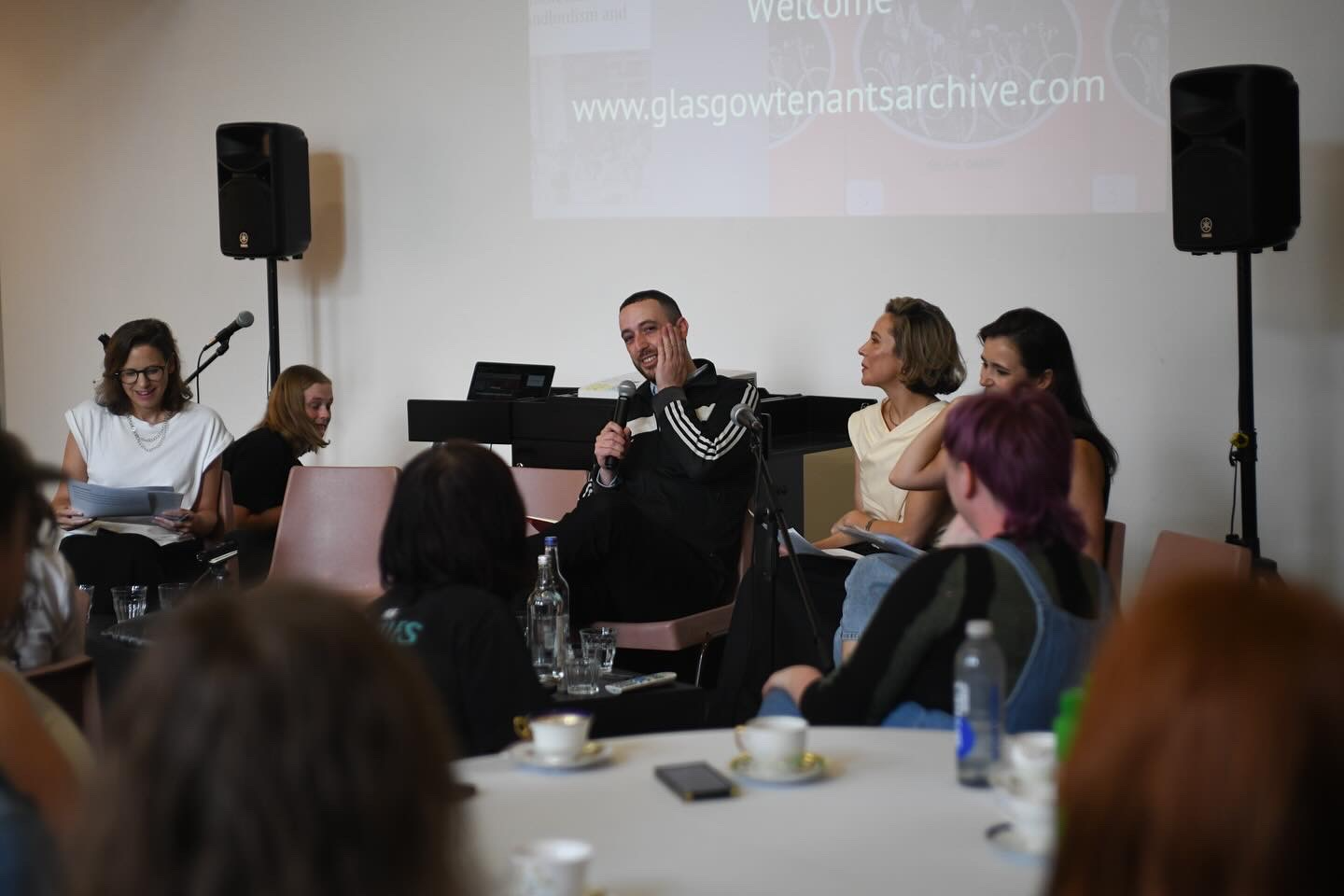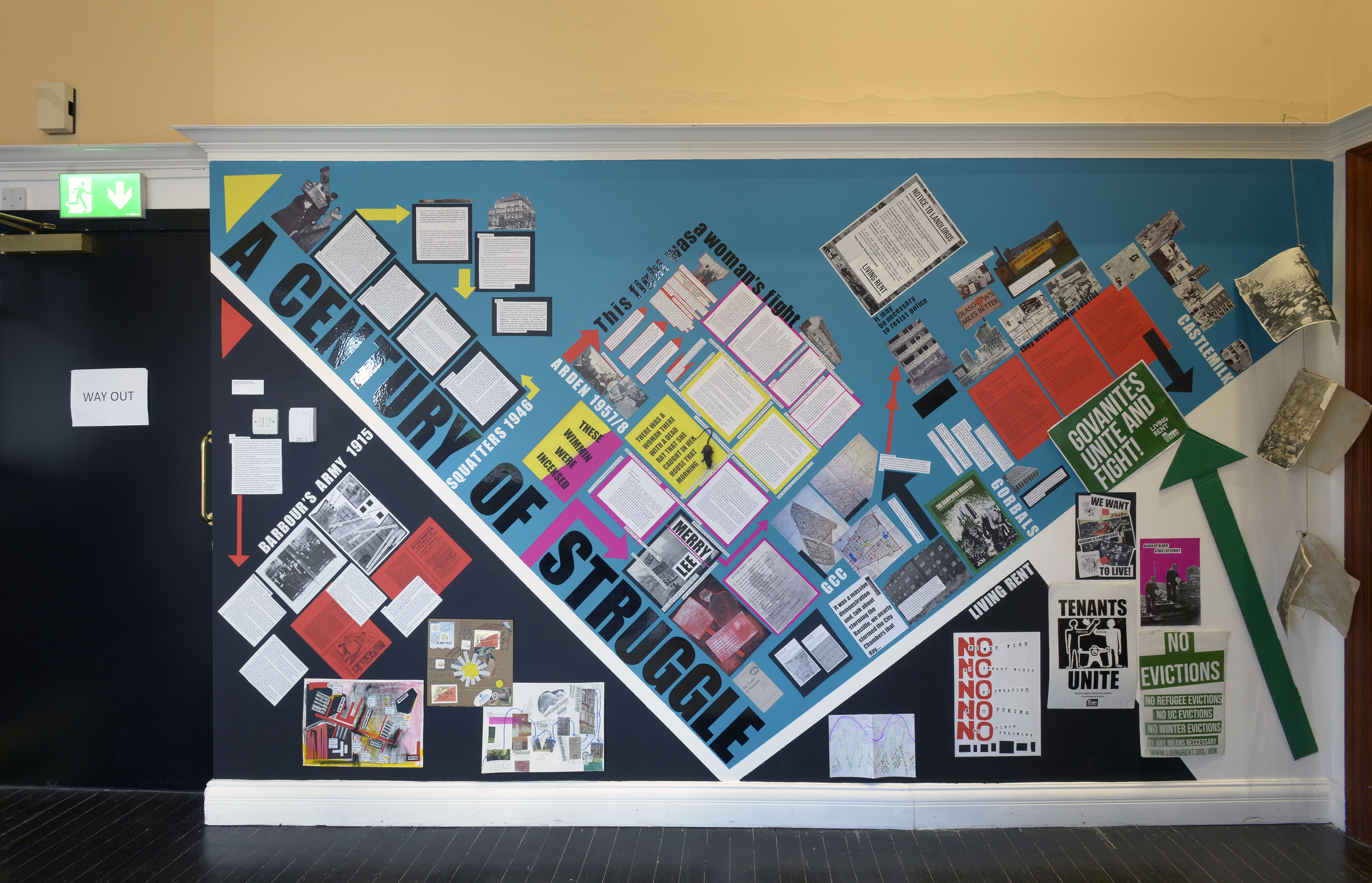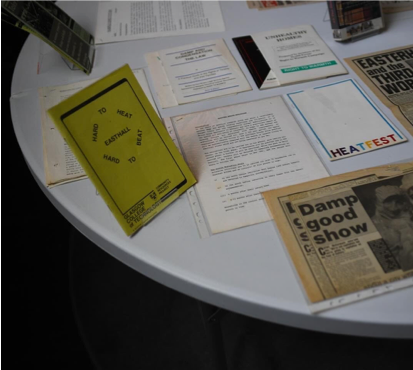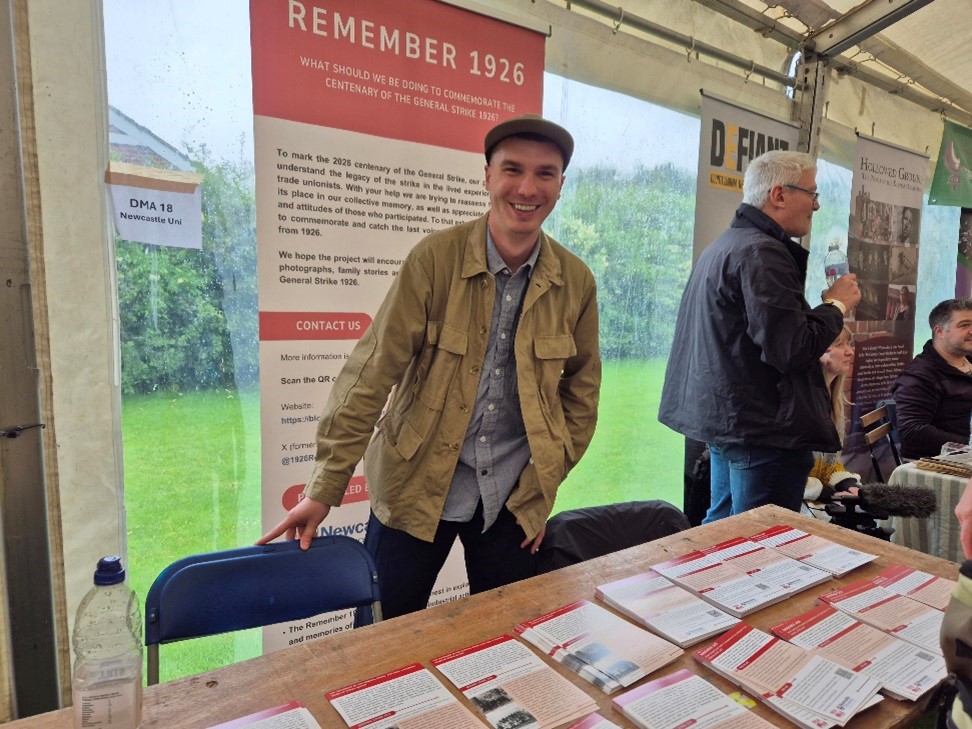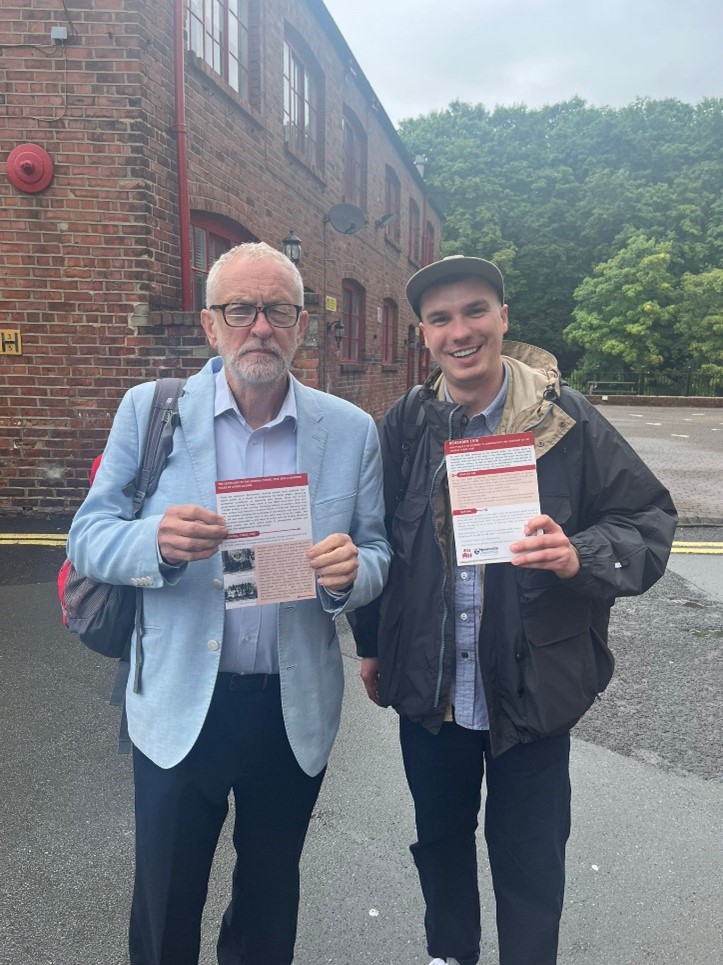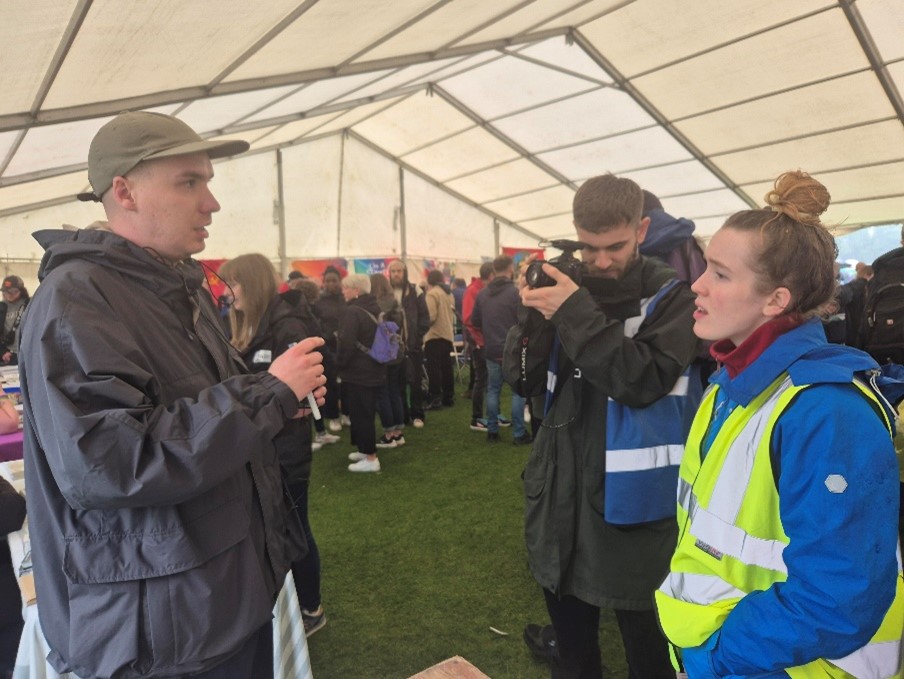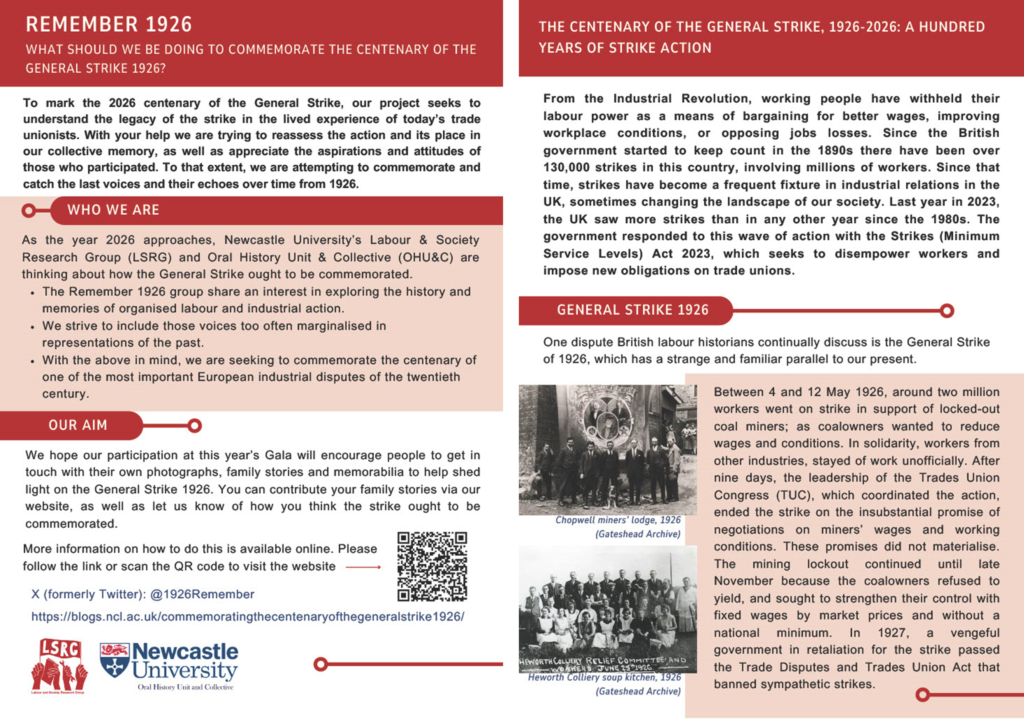A funding boost of over £275,000 is enabling a Newcastle-based cultural project to celebrate the vibrant social and architectural history of the city’s Grade II* listed Byker Estate. Here, Silvie Fisch, Director of Northern Cultural Projects, and Associate Researcher in the Oral History Collective, explains how the funding will be used.
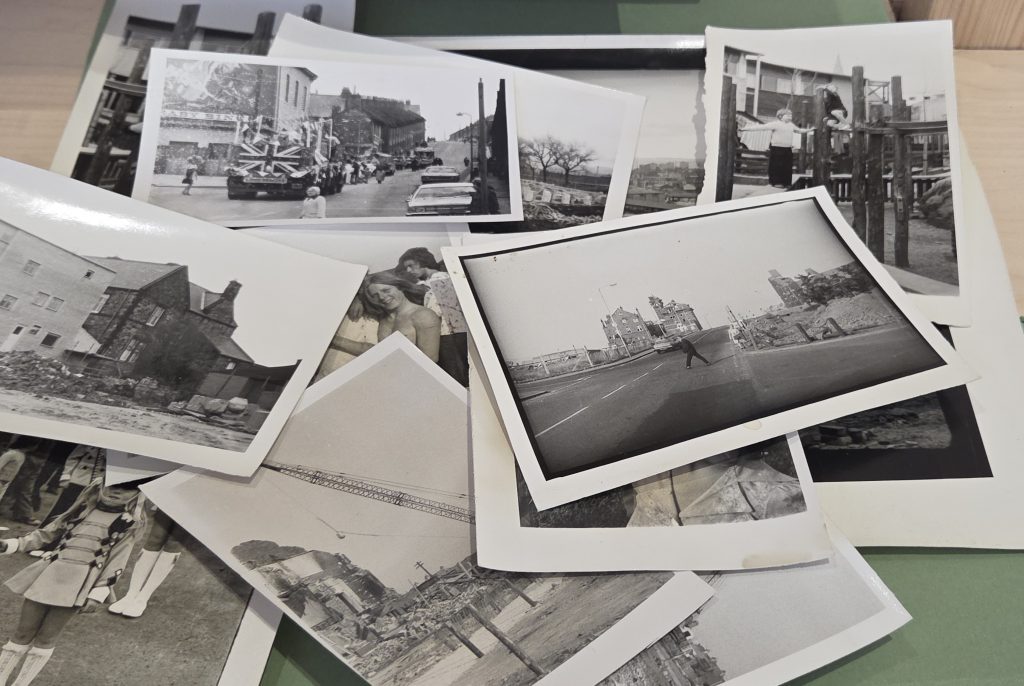
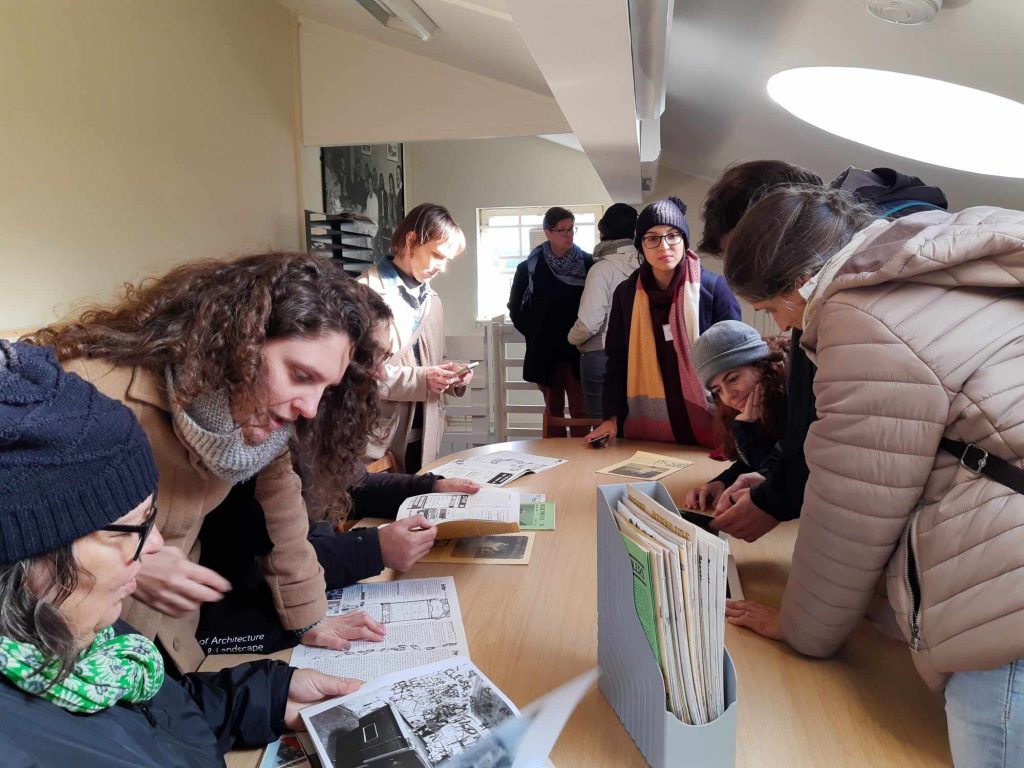
The Byker development has long been recognised as a key part of a significant collaborative movement in international architecture and is one of the most important social developments in British post-war history. The community archive will capture the evolution of the estate over the years, from before redevelopment and its construction between 1969 and 1983, through to the present. It will showcase the unique architectural and design features, as well as capture the stories of its communities, contributing new narratives and giving people agency over their histories. The three-year project will start off with the refurbishment and conversion of the ‘Photo Studio’ hobby room on Raby Way into the archive space, which will open to the public in spring 2026. The archive will be community-led, providing people who live on the estate with volunteering and employment opportunities.
Northern Cultural Projects CIC has secured a £240,186 grant from the National Lottery Heritage Fund and £36,488 match funding from Karbon Homes, to see one of the hobby rooms on the Byker estate transformed into an archive. Our goal is a community living archive: one that captures not only the history of Byker’s buildings and landscapes, but also the lived experiences of its people, past and present.
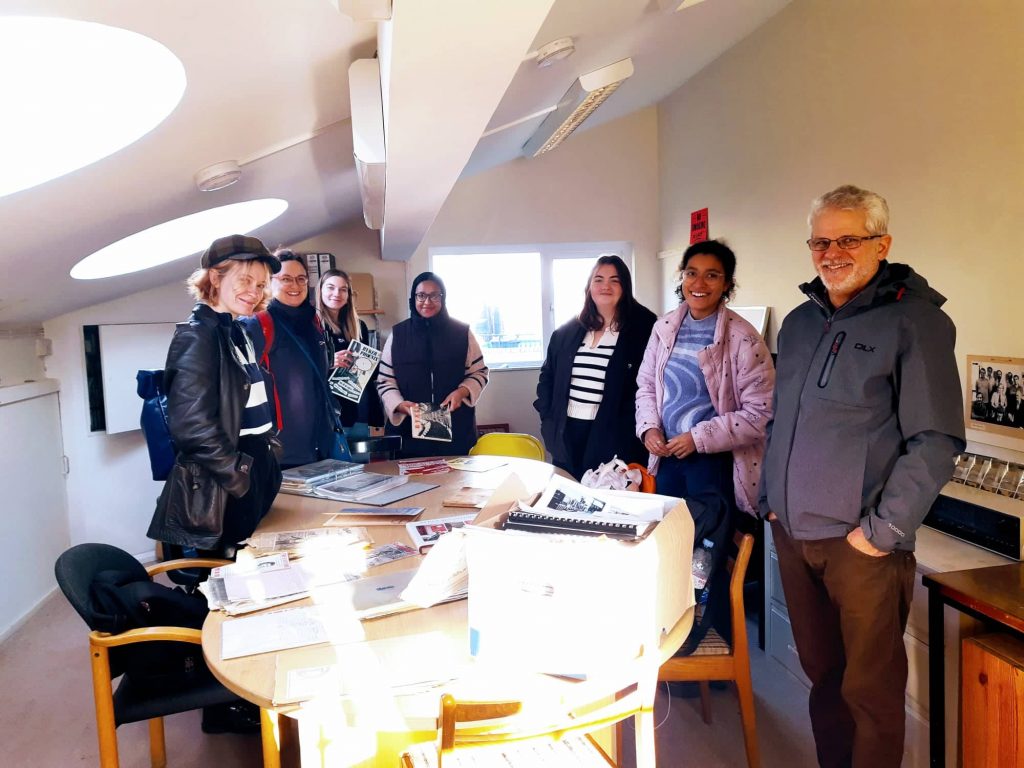
This archive isn’t about romanticising the “old Byker.” Rather we aim to bridge the past and present. It’s about assembling a mosaic of memories, from the Victorian terraced houses to the Grade 2* listed Byker Wall. Some academics have claimed that, Byker has been over-researched. However, the memories of residents who have lived on the estate since its earliest days are still missing from the historical record. “Unsanitised” memories that contest official narratives remain unrecorded. Histories have still to be documented, including Byker’s long association with community arts activism as well as local campaigns, including action on environmental issues, such as the successful resistance against the use of a waste incinerator in 2005.
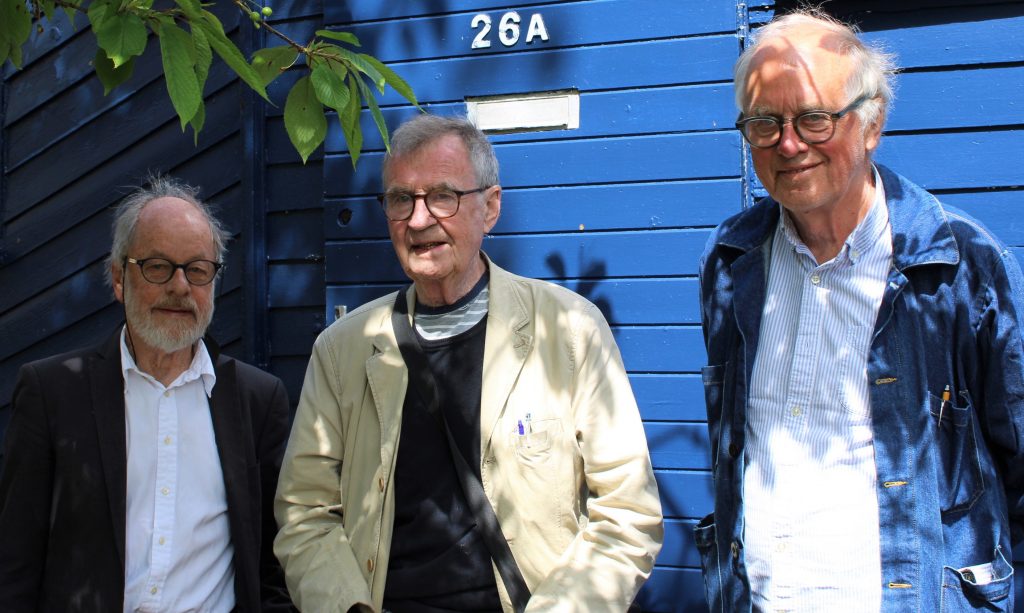
Out of 2,000 homes on Byker, 1,800 are owned by social housing landlord Karbon Homes, with the organisation responsible for the day-to-day management of the estate. As Victoria Keen, Place Lead at Karbon Homes, has said: “The Byker community taking control of their own formidable heritage through a living archive is an idea which we’re certain will generate social impact on many levels. We believe that the chance for this project to go ahead with such a level of local expertise is a true once in a lifetime opportunity. This project aligns with the delivery of our Thriving Byker Strategy, enhancing pride of place in our community.”
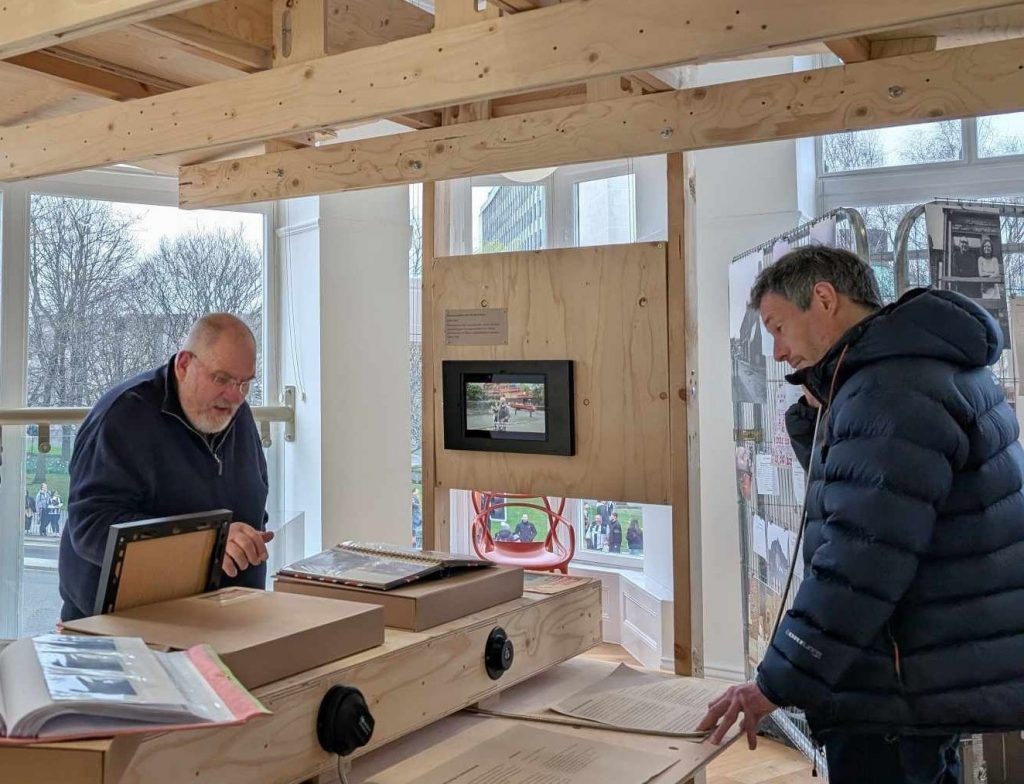
The project has been long in the planning by Northern Cultural Projects CIC. Support from the Oral History Collective and Newcastle University proved invaluable in developing the bid. New and existing oral histories were combined for an Installation at the Farrell Centre, as a pilot for the archive, to tell the story of the estate from predevelopment to its early days from the perspective of local residents, architects and planners.

